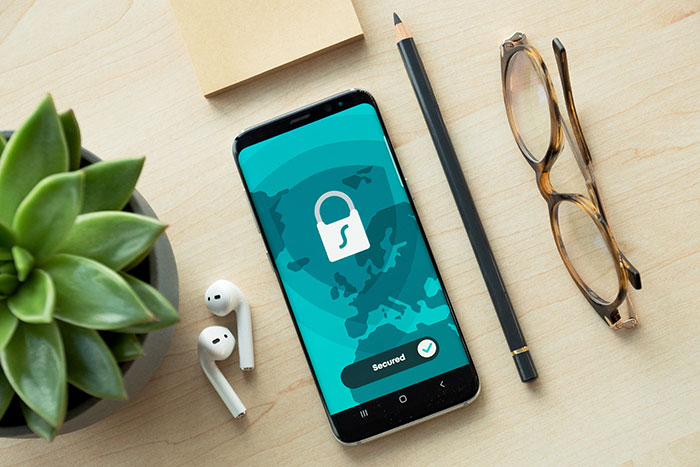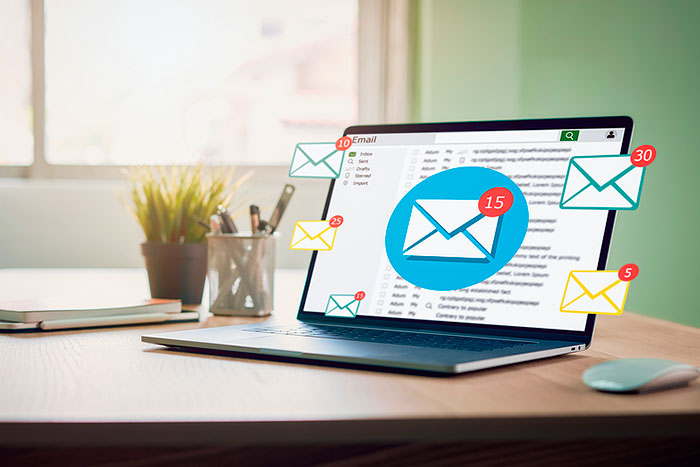
Indeed, a VPN (a virtual private network) can protect your privacy from potential cyber-attacks. It also improves your security and privacy in a way that’s both fast and affordable. A VPN can also protect your privacy from your ISP (internet service provider) or anyone eager to spy on you. Even though nothing short of disconnecting a device from the ISP provides 100% protection, a virtual private network goes a long way towards that point.
What is a VPN? A virtual private network is a great tool to protect your privacy and maximize your security on the internet. It basically connects two devices privately and securely on the internet.
A VPN is meant to provide a safe, encrypted tunnel to transmit data between, for instance, an employee and the company network.
How does a VPN protect me from cyber-attacks?
Yes, protecting your home privacy from hackers is something that becomes increasingly more necessary from one day to another.
Gone are the days when the personal computer was the only internet-connected device at home. We now possess smartphones, smart fridges, home assistants like Alexa and more. Unfortunately, every open internet connection is like an invitation for hackers.
Smart baby cameras, picture frames and even radios have vulnerabilities. If it happens to know your IP address, hackers can immediately gain access to these devices. They can use it to hack into your devices that guard your sensitive data – or pinpoint your location in the world.
But what if you could cover your IP? That’s one of the most common VPN operations. With a virtual private network, you won’t be transmitting your IP anymore. There are essential features of a VPN that guards you against potential cyber threats:
IP masking
An IP address is nothing else but our home address online. But for the people who want to track you down, your IP can even lead them to your real-life address.
That said, if you use a virtual private network, your traffic goes through a VPN server accessing the online page. What does that mean? All of your activities are then recorded by the VPN server’s IP address and not yours. Your real address is hidden. With that in mind, VPN does not only ensure your data stays private but it also secures your online activities regardless of where you might be located.
In turn, the hackers can’t track your network, can’t pinpoint your location, and can’t crack it to access your data or mess up with your home gadgets.
IP Switching to Tune In Securely
When you connect to the internet using a VPN service, your pipeline to the web takes its route through servers set by your VPN providers that can be found to the other side of the world. Regardless of their location, these machines will have a different address to your home machine, and using a VPN can securely mask your location.
IP masking allows VPN providers to use IP addresses to your own benefit, making your connection to a web resource look like originates from a different region.
For instance, due to copyright laws, streaming platforms like Hulu cannot broadcast all their production to regions outside the U.S. But by using a VPN for Sweden it’s possible to appear to the location filters employed by streaming services like your actually accessing them from the U.S, and all that without compromising your privacy.
Encryption
A VPN is used to enable a safe connection between two devices over the internet. A great part of this resumes to encrypting your data. It occurs on your laptop before it goes to a virtual private network server, decrypting it there and then rerouting it to its final address.
Some VPNs use AES 256-bit encryption which is meant to make data impossible to crack. It would take a lifetime to do it. That means that when a hacker captures your data, they get nothing too helpful out of it.
As you see, a VPN is an effective way to secure your devices and make them impossible to crack for hackers. But that doesn’t mean there are no other measures you can take to protect your privacy.


